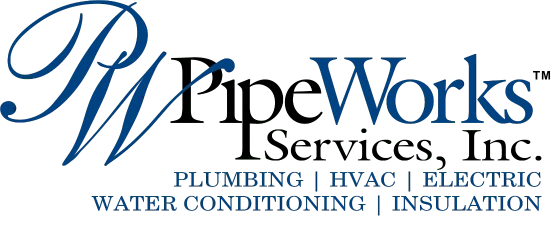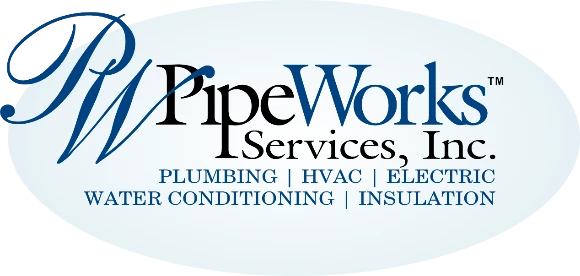As a New Jersey homeowner, it is a good idea to have a basic understanding of how your air conditioning system works. Though you will still want to call on air conditioning experts when you need repairs or a replacement system, it can be helpful for you to understand some air conditioning basics. That way, you’re a more knowledgeable customer and you’ll understand what your HVAC (heating, ventilation, and air conditioning) technician is talking about if he has to visit you.
To understand how an air conditioner works, you need to know the different parts that make up an air conditioning system:
- Refrigerant: A liquid/gas, such as R-22 or R-410A, that is used to cool the air.
- Compressor: The outdoor pump that pushes the refrigerant through the system.
- Coils: There are two coils in a typical A/C system: the outdoor condenser coil and the indoor evaporator coil. Each one looks and functions a bit like a car radiator.
- Refrigerant lines: Metal tubes that carry refrigerant back and forth between the two coils.
- Expansion valve: A pressure valve that allows the refrigerant to expand as it enters the indoor evaporator coil.
- Fans: There are two fans in an A/C system, one for each coil.
- Thermostat: An electronic switch connected to a thermometer.
The air conditioning process begins when the temperature inside your house rises above the level that you’ve set on your thermostat, at which point the thermostat switches the A/C on. The refrigerant then is pumped through the system in a continuous cycle. Refrigerant has a boiling point well below zero, so the frigid liquid absorbs heat from the air inside the evaporator coil, evaporating into a gas. The warm air that the fan blows through the coil is cooled due to this loss of heat.
The warm refrigerant flows through a tube to the compressor, which compresses it to high pressure. At high pressures, the refrigerant condenses back into a cold liquid. The excess heat is given off through the condenser coil to the outside air. The refrigerant then flows through a different tube to the expansion valve, which lowers the pressure so that the evaporation process can begin again.
For more information, contact us at Pipe Works Services. We have proudly served residential and commercial customers in the Chatham area since 2000 and look forward to helping you with all of your heating, cooling, and plumbing needs.




